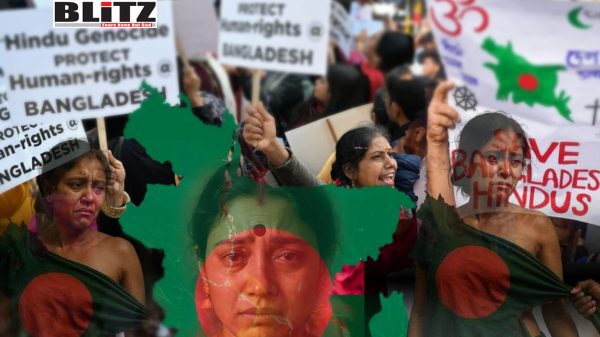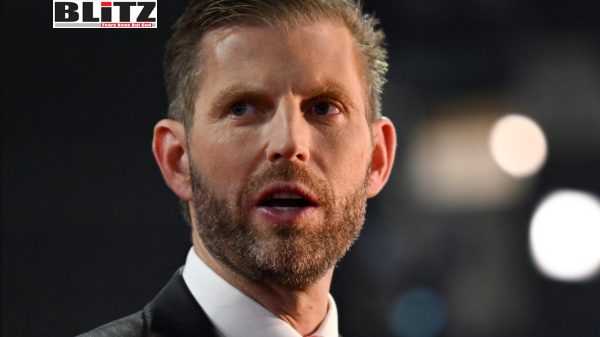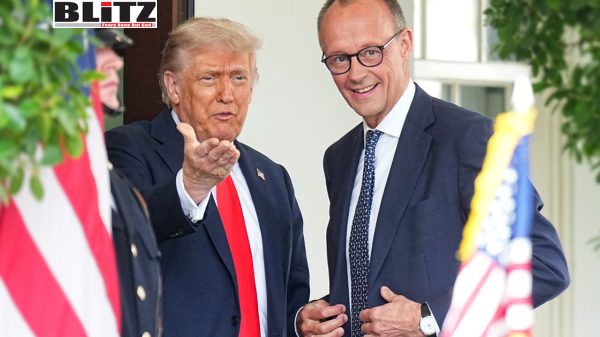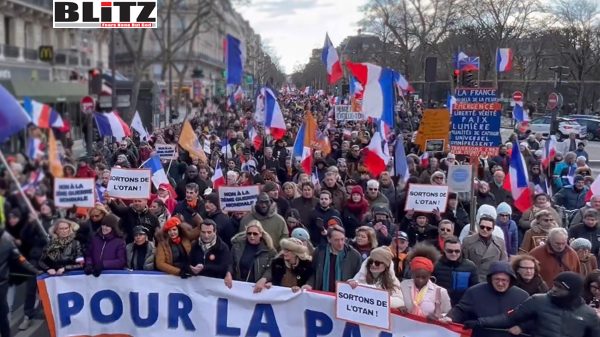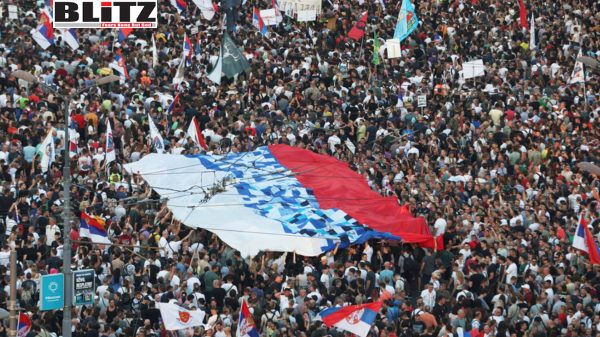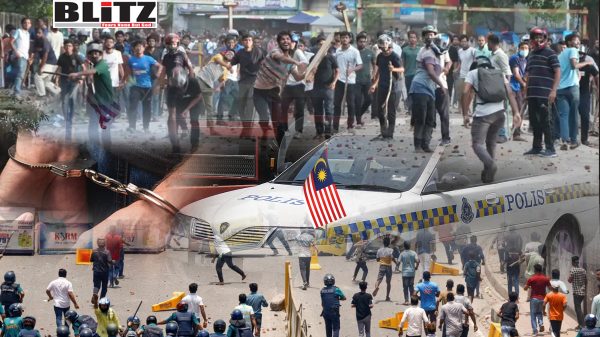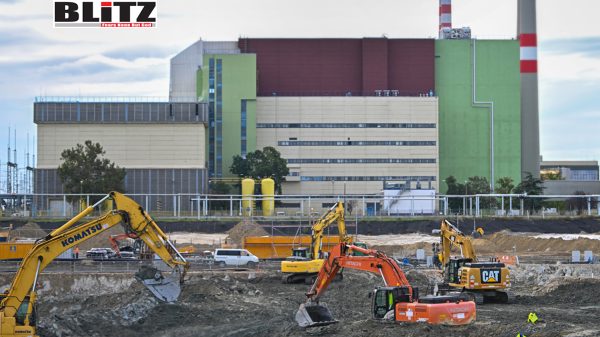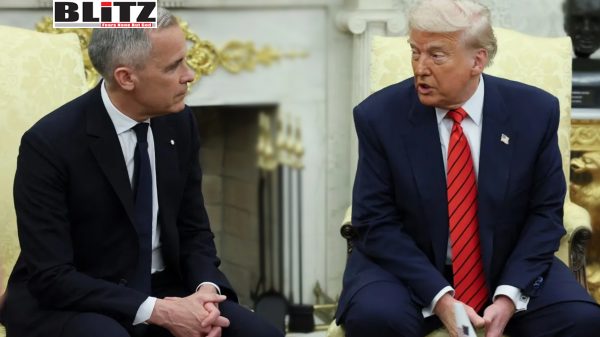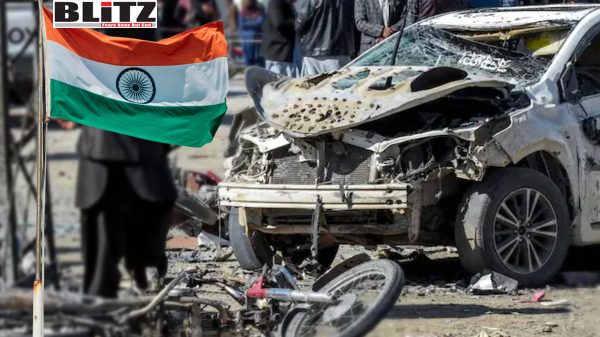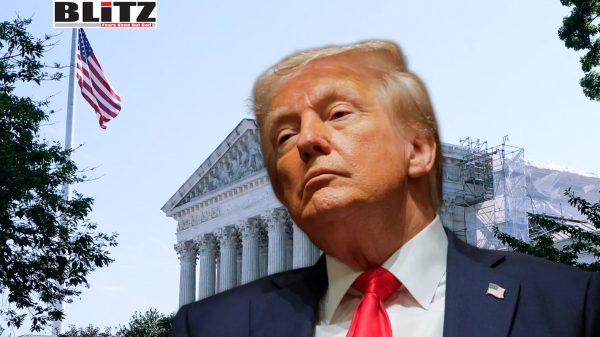Significance of US visa restrictions on Bangladesh
- Update Time : Saturday, September 2, 2023

The recent unveiling of the new US visa policy on May 24, 2023, which grants the United States the authority to impose visa restrictions on Bangladeshi citizens, has sparked significant concern. While this policy has garnered substantial attention in both Bangladeshi and international media, it’s crucial to emphasize that the United States is not implementing such measures against every country, and it notably didn’t take similar action in Nigeria, where the opposition alleged election rigging.
US Secretary of State Antony Blinken, in his announcement, cited Section 212(a)(3)(C) (“3C”) of the Immigration and Nationality Act as the legal basis for this visa policy. It is ostensibly aimed at supporting Bangladesh’s goal of conducting free, fair, and peaceful national elections. However, questions have arisen regarding the policy’s execution and its effectiveness in safeguarding Bangladesh’s democratic institutions and freedom of expression. Experts argue that the visa policy extends beyond merely ensuring a free and fair election.
The policy also encompasses broader concerns such as freedom of the press, freedom of expression, and human rights. Under this policy, the United States can take stringent measures against individuals who violate human rights, freedom of expression, and freedom of the press. Notably, the Digital Security Act (DSA), recently replaced by the Cyber Security Act (CSA), could come under scrutiny, as it has been criticized for stifling freedom of expression and the press. Both Washington, DC, and the US Embassy in Dhaka are closely monitoring this issue.
Some analysts posit that the primary objective of this new visa policy is to support a fair election in Bangladesh and assist those striving to restore the democratic system. The upcoming election is scheduled for January 2024, and under this policy, the US can deny visas to individuals obstructing the election process in Bangladesh.
These “obstructions” to the electoral process, as outlined in the policy, encompass vote rigging, voter intimidation, the use of violence to hinder people’s right to assemble peacefully, and measures aimed at preventing political parties, voters, civil society, or the media from expressing their views. Those subject to the new policy may include current and former Bangladeshi officials, members of both pro-government and opposition political parties, and individuals in law enforcement, the judiciary, and security services.
Here are some key questions and answers regarding the visa restrictions:
Q: To whom would these visa restrictions apply?
A: This policy applies to individuals responsible for or complicit in undermining the democratic election process in Bangladesh, including current or former Bangladeshi officials, government supporters, opposition members, and their immediate family members.
Q: Have any visa restrictions occurred under this policy at this time?
A: No, as stated by the Secretary, the United States is committed to building a strong partnership with the Government of Bangladesh, rooted in democracy and human rights. It welcomes the Prime Minister’s commitment to free and fair elections.
Q: Are these visa restrictions directed against the Government or the Awami League?
A: No, the United States does not support any specific political party. These restrictions target individuals engaging in behavior that undermines the democratic election process, regardless of affiliation.
Q: Will affected individuals be notified of their revoked visas?
A: It is common practice to notify individuals whose visas are revoked or canceled.
Q: How would visa restrictions apply to individuals who commit offenses following orders from higher levels, and if it is challenging to link higher-level decision-makers to those carrying out orders?
A: The policy applies to anyone responsible for or complicit in undermining the democratic election process in Bangladesh.
Q: Is this announcement in retaliation for the Government of Bangladesh’s May 14 decision to curtail Ambassador Haas’s security detail?
A: Given the close cooperation with the Government of Bangladesh, the US informed it of this policy decision on May 3.
Q: Why does the United States care so much about Bangladesh’s elections?
A: The United States supports free and fair elections worldwide. This policy aims to support Bangladesh’s efforts and its people in holding elections to choose their leaders.
US Assistant Secretary of State for South and Central Asian Affairs Donald Lu emphasized that this policy applies not only to the government and its supporters but also to the opposition. He clarified that the restrictions would apply to those giving orders.
US concerns about deteriorating human rights in Bangladesh and democratic regression are not recent. There have been repeated calls and warnings that political developments in Bangladesh are closely monitored by the US. In April 2023, US Secretary of State Antony Blinken conveyed to Bangladesh’s Foreign Minister AK Abdul Momen that the world is watching Bangladesh’s upcoming election.
In February 2023, US State Department Counsellor Derek Chollet underscored that democracy erosion, including in Bangladesh, limits Washington’s cooperation with that country. In March 2022, US Under Secretary of State for Political Affairs Victoria Nuland highlighted the importance of democracy in the relationship between the two countries during her visit to Dhaka.
It’s essential to understand that the increased US interest in Bangladesh stems from multiple factors. With the growing international significance of South Asia amid heightened US-China competition in the Indo-Pacific region, Washington seeks to secure the loyalty of South Asian nations. Washington’s insistence on democratic values in Bangladesh is intertwined with its geopolitical interests. While the US-Bangladesh relationship has diversified in recent years, concerns in Washington about China’s assertive presence in Bangladesh are apparent.
The United States is searching for an example to demonstrate the consequences of distancing from American influence and aligning with rivals.
In this context, while Beijing is clearly a rival, New Delhi remains a strategic ally for the US, but this alignment could shift in the future.
Bangladesh is not the first country subject to US visa restrictions as a means to penalize those undermining democratic processes. In most cases, such measures were taken after elections. However, the limited success of these measures thus far raises questions about their potential impact on Bangladesh. In my opinion, the Biden administration aims to exert pressure on Bangladesh to steer away from its amicable relations with China and other US rivals. In other words, ensuring free, fair, and peaceful elections is not the sole objective; the Biden administration may continue to exert pressure on Dhaka even if the next general election meets these criteria.


